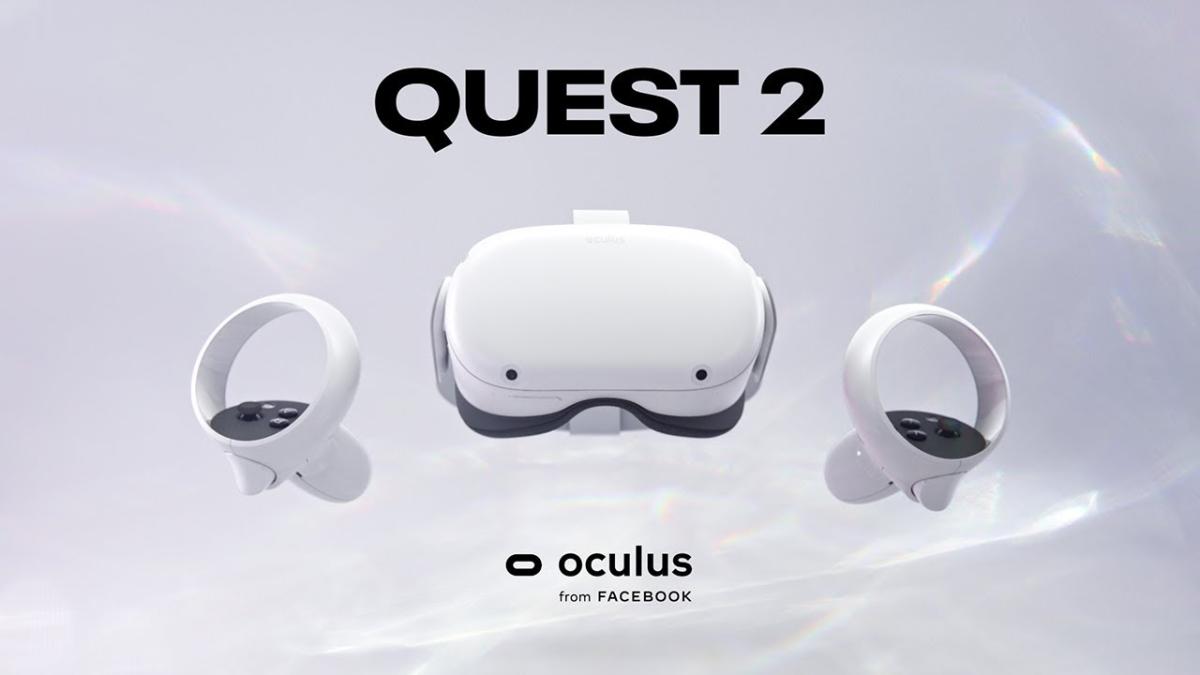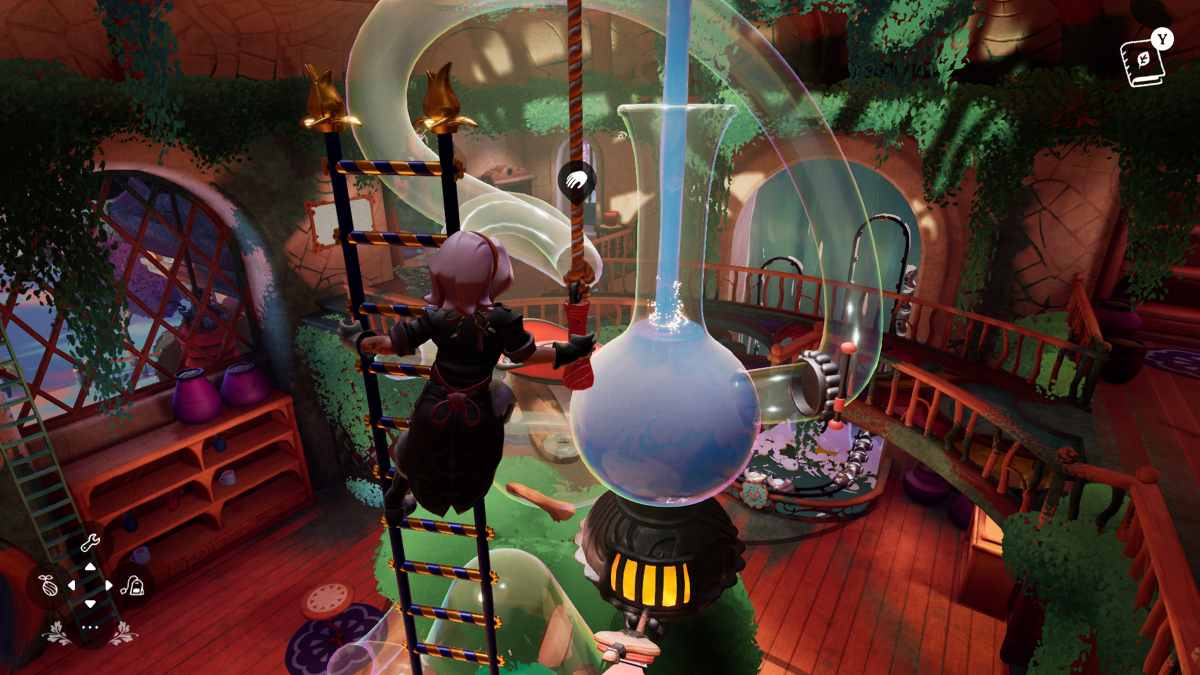When you’re new to the world of VR headsets and looking to know where to start, it might be hard to figure out which one is right for you. There are quite a few different models, each with its own particular features, covering a wide price range.
And one of the most distinctive features between them is the need to be connected to a PC, console, or smartphone. That depends on the manufacturer and purpose of each headset, and it defines the app stores you have access to. It can also give you more or less freedom to play.
Can I use an Oculus Quest 2 without a PC?
Both the Oculus Go and the Oculus Quest line (including Meta Quest 2) are standalone VR headsets. That means no, you do not need a PC for Oculus Quest 2.
You can still connect them to a computer if you prefer. Depending on each game’s compatibility, you can connect your Oculus Quest 2 to a PC, Mac, or Linux operating system via Wi-Fi or a USB cable. Usually, graphics quality is also much higher when connected to a PC than when playing with Quest 2 as a standalone headset.
But there is a catch: to play the games straight from your headset, they must be purchased from the Oculus Store using the headset or a mobile app, which allows you to select your platform. Whatever you purchase on Steam or other platforms will only be available when the headset is plugged in or connected via Wi-Fi. You can also purchase games and apps for PC on the Oculus Store, so be careful and pay attention to what platform you are buying for because it might not allow you to choose.
What is Oculus Quest?
Oculus Quest, released in May 2019, is the first model in the most recent VR headset line by Reality Labs, a VR and AR-focused division of Meta Platforms. Formerly an independent company named Oculus, Reality Labs was founded in 2012 and acquired by Facebook in 2014 after getting a lot of attention with their Oculus Rift prototype. Over the years, they have partnered with companies such as Samsung, Xiaomi, and Lenovo for different lines.
What are the different Oculus models?
Under the brand Oculus, there are five VR headset models:
- Oculus Rift (full name Oculus Rift CV1), released in 2016
- Oculus Rift S, released in 2019
- Oculus Go, released in 2018
- Oculus Quest, released in 2019
- and Oculus Quest 2 (now rebranded as Meta Quest 2), released in 2020
Samsung Gear VR (or Oculus Gear VR), which is an accessory for Samsung Galaxy smartphones, was also developed by Oculus. Released in 2015, it was discontinued in 2020, when Samsung terminated support for the service on the Galaxy Store and Play Store. Because it was created as a collaboration between the two companies, the Gear VR was exclusively compatible with selected Samsung Galaxy smartphones.
As of August 2022, both Oculus Rift headsets, the Oculus Go, and the first Oculus Quest, are discontinued products. Oculus Quest 2, now called Meta Quest 2, is the only one still available for purchase and can be acquired directly from the Meta Store.
How does Oculus Quest 2 work without a PC?
As a standalone VR headset, Oculus Quest 2 runs on its own internal operating system, which, like in the first Oculus Quest model, is Android-based. However, it does feature some hardware updates compared to its predecessor.
If you want to get into specifics, it comes with a Qualcomm Snapdragon XR2 SoC processor designed for VR and AR devices. In terms of storage, there are currently two options: 128GB or 256GB internal storage. Originally, Quest 2 was released in 64GB and a 256GB versions, but the first was replaced with a better one in 2021. Both have a 6GB LPDDR4X RAM and usually 2-3 hours of battery life.
The headset features an internal LCD 1832×3800 display (a single panel, but 1832×1920 per eye) with a 72-90hz refresh rate. Some games also support the experimental 120 Hz refresh rate, including Superhot VR.
Are there any Oculus headsets that need a computer?
Yes, but they are both discontinued. The Oculus Rift line, which includes the original Oculus Rift CV1 and the Oculus Rift S, only works when connected to a computer with Windows, Mac, or Linux operating systems.
Neither Oculus Rift CV1 nor Oculus Rift S are manufactured or sold by Meta anymore, but the company still plans on supporting both headsets. The game and app library for both is also the same.












Published: Sep 11, 2022 04:57 pm